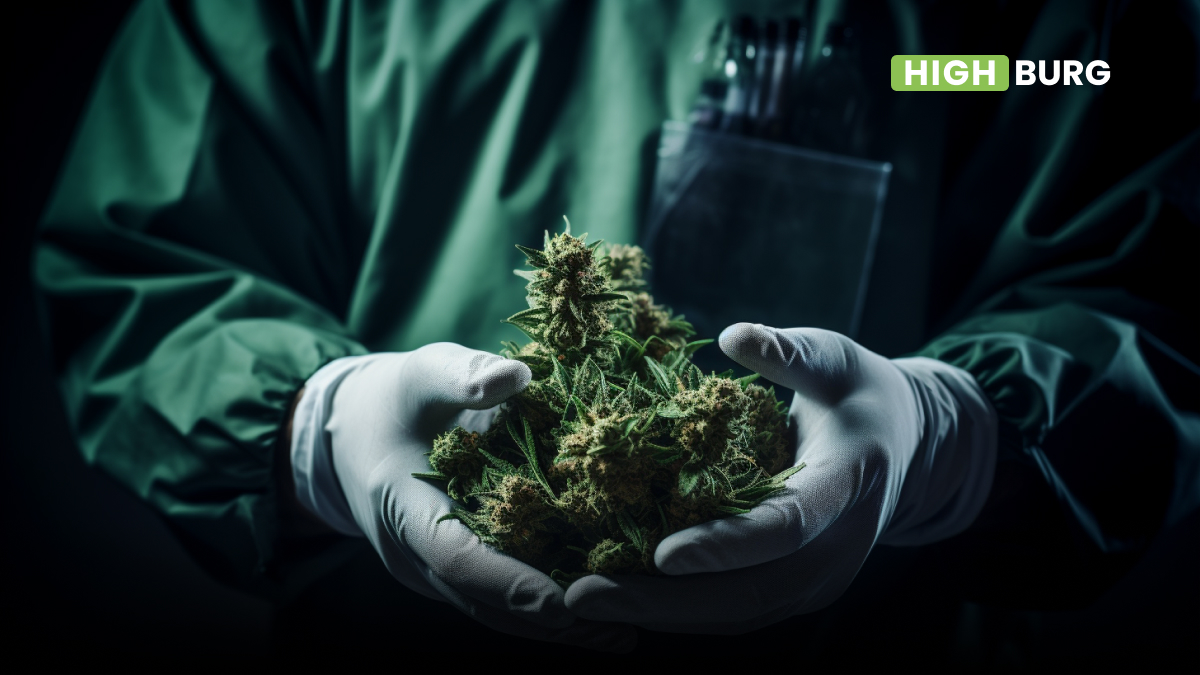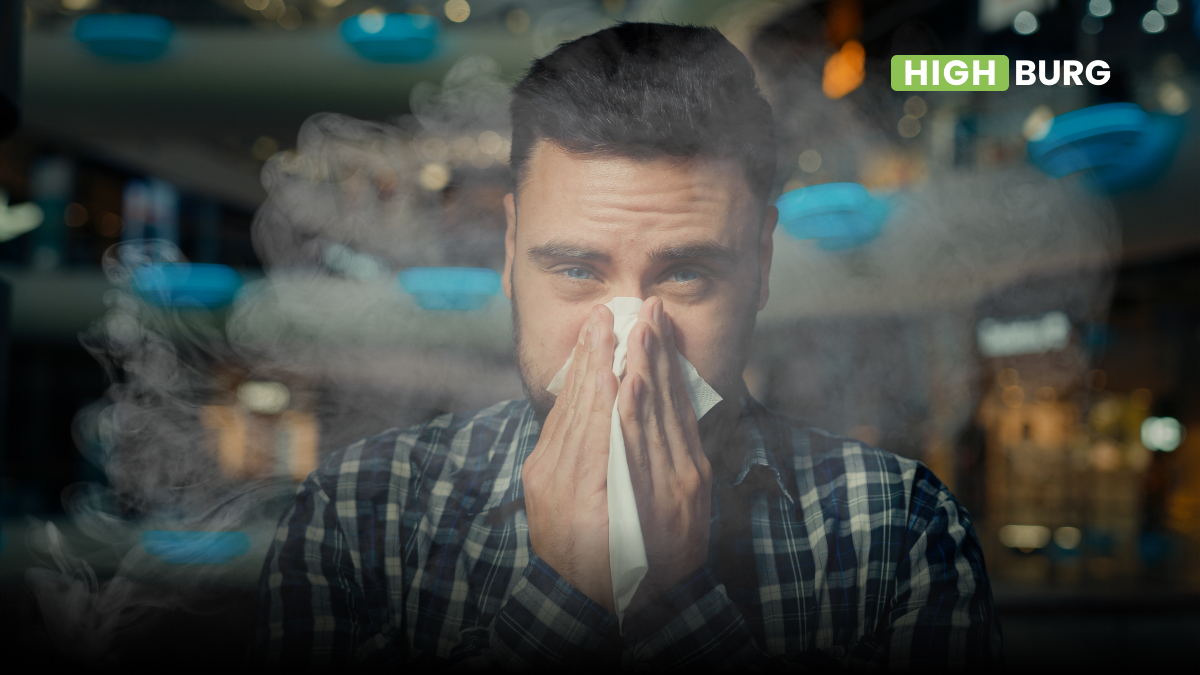With cannabis becoming increasingly legalized on a state-by-state basis across the US, more attention is being placed on the plant. More specifically, some may wonder whether or not it is possible to die from cannabis overdose.
The concern is understandable, given the rising accessibility of cannabis as its legality spreads across the country. That said, there is no evidence pointing to possible lethal doses of cannabis.
No Data Supports the Potential of Cannabis to Cause Death
Does cannabis kill? The simple answer is, no. According to the Drug Enforcement Administration (DEA) under the US Department of Justice (DOJ), no deaths from the consumption of cannabis have been reported.
Cannabis is considered to be relatively safe, particularly in comparison to other substances, such as alcohol and tobacco.
However, it should be noted that it’s still possible to over consume cannabis, which comes with a handful of uncomfortable side effects. Having said that, the unwanted consequences of consuming too much cannabis do not lead to death.
Why is Cannabis Not Lethal?
Why would some people think that cannabis can lead to overdose and possibly death? Perhaps it’s the fact that cannabis is classified as a Schedule I substance under the Controlled Substances Act (CSA) and is in the same category with heroin.
Yet cannabis does not cause death from overconsumption like many other substances that have erroneously been associated with. [1]
Overconsumption of certain substances can cause elevated toxicity in the body and impact the function of vital organs. In other cases, overdosing on a drug, like opioids, can lead to death due to the depression of respiration to the point that the body lacks adequate oxygen.
This occurs because opioids depress an area in the lower brainstem that is associated with respiration. [2] When a person overdoses on opioids, breathing completely stops and death occurs.
However, cannabis does not affect the body the same way that opioids do. More specifically, cannabis does not impact a person’s breathing because cannabinoid receptors are found in trace amounts in the lower brainstem area that controls respiration. Instead, cannabinoids interact with receptors that are more prevalent in other areas of the brain that are associated with movement and cognition. [3]
This may explain why cannabis, even in higher doses, is not fatal.
Potential Health Effects of Cannabis Overconsumption
While it is highly unlikely that cannabis consumption can cause death, this does not rule out potential risks, particularly when cannabis is consumed in very high doses. It’s worth noting these possible health risks, and why it’s important to accurately dose cannabis to achieve optimal results.
Lung Health
Any type of smoke inhalation can compromise the health of the lungs. Yet while an abundance of data exists associating tobacco smoking with lung damage, there are not nearly as many studies linking this health issue to cannabis smoking.
That said, it may be worth looking into other methods of cannabis consumption aside from smoking to avoid any potential risks to lung health, including edibles, tinctures, and topicals.
Psychosis
Very high doses of cannabis may precipitate psychotic episodes. Consumers have reported paranoia, hallucinations, and cognitive distortions. In extreme cases, cannabis consumption may also trigger the emergence of psychotic disorders, especially in those with a family history of such health ailments. [4]
Pregnancy
Cannabis consumption during pregnancy may negatively affect fetuses. Studies have shown that the compounds in cannabis pass through the mother’s blood to the fetus and may cause health issues, including lower birth weight, preterm birth, and hypertensive disorders. [5]
In closing, it is certainly possible to experience undesirable effects and health issues by consuming too much cannabis, but it will not lead to death by overdose.
References:
- Lake, S., Socías, M.E., & Milloy, M.J., “Evidence shows that cannabis has fewer relative harms than opioids“, Canadian Medical Association Journal, February 2020; 192 (7). Times Cited: 7, Journal Impact Factor: 17.4.
- Pattinson, K.T.S., “Opioids and the control of respiration“, Review Br J Anaesth, June 2008; 100(6):747-58. Times Cited: 765, Journal Impact Factor: 9.8.
- Zou, S. & Kumar, U., “Cannabinoid Receptors and the Endocannabinoid System: Signaling and Function in the Central Nervous System“, Int J Mol Sci., March 2018; 19(3): 833. Times Cited: 1091, Journal Impact Factor: 5.6.
- Radhakrishnan, R., Wilkinson, S.T., & D’Souza, D.C., “Gone to Pot – A Review of the Association between Cannabis and Psychosis“, Front Psychiatry, May 2014; 5: 54. Times Cited: 445, Journal Impact Factor: 5.4.
- Marchand, G. et al, “Birth Outcomes of Neonates Exposed to Marijuana in Utero“, JAMA Netw Open, January 2022; 5(1). Times Cited: 56, Journal Impact Factor: 13.8.



